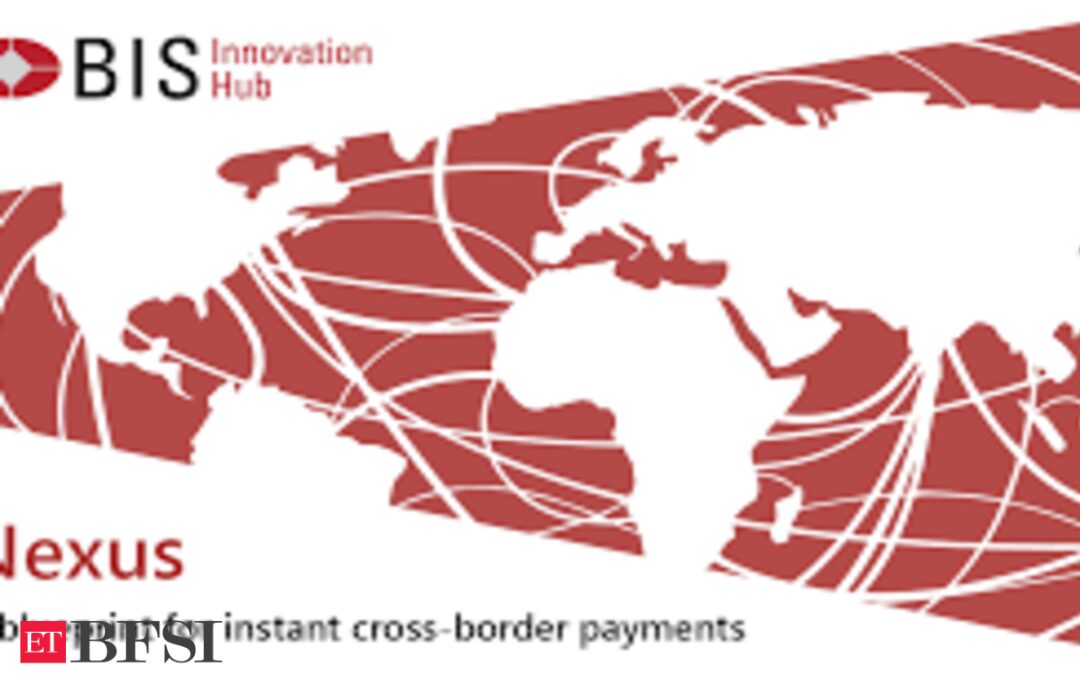The Reserve Bank of India (RBI) has announced its participation in a collaborative effort with ASEAN countries to create a platform that will facilitate instantaneous cross-border retail payments.
This initiative is part of Project Nexus, a global endeavor led by the Bank for International Settlements (BIS) Innovation Hub, designed to link domestic Fast Payment Systems (FPSs) for seamless international transactions.
The agreement was signed on June 30, 2024, in Basel, Switzerland, involving the central banks of Malaysia, Thailand, the Philippines, Singapore, and India. Indonesia continues to participate as a special observer.
According to the RBI, the multilateral approach of Project Nexus is expected to enhance the international reach of Indian payment systems, building on the existing bilateral connections of FPSs.
The RBI stated that this platform aims to make cross-border retail payments more efficient, faster, and cost-effective. The initiative is anticipated to go live by 2026 and may eventually include additional countries, broadening its impact.
Project Nexus aspires to streamline cross-border payments by interlinking the domestic instant payment systems of its member countries. This will enable faster and cheaper financial transactions, bolster trade and investment within the region, and support broader economic integration.
The collaboration is expected to benefit consumers and businesses by providing a secure, seamless payment infrastructure.
The signing of this agreement marks a significant milestone in enhancing regional payment connectivity. The RBI believes that Project Nexus will play a crucial role in the future of international payments, providing a robust framework for real-time retail transactions across borders.
The initiative aligns with ASEAN’s broader goals of achieving greater financial integration and connectivity, with the potential to drive economic growth and cooperation among member nations. This partnership represents a forward-thinking approach to addressing the challenges of cross-border payments and underscores the commitment of these countries to fostering innovation in financial services.











